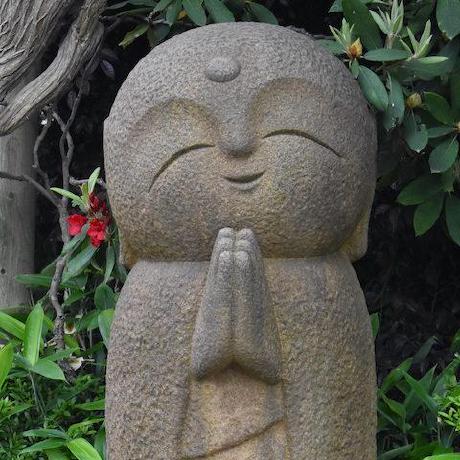On Human Differences
At times, when I observe two individuals, one brimming with motivation, purpose, courage, and wisdom, while the other seems to embody the concept of 'average,' I find myself pondering the root of this disparity. This contemplation is not merely an intellectual exercise but a philosophical journey that holds practical implications for shaping the future generation.

